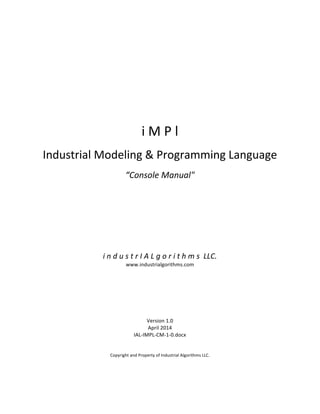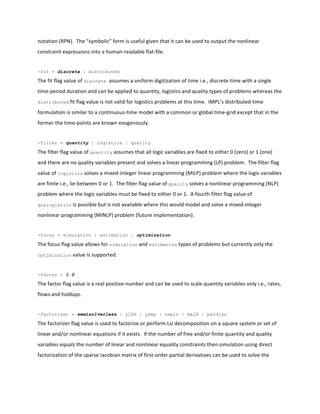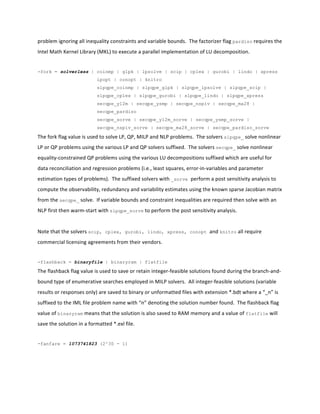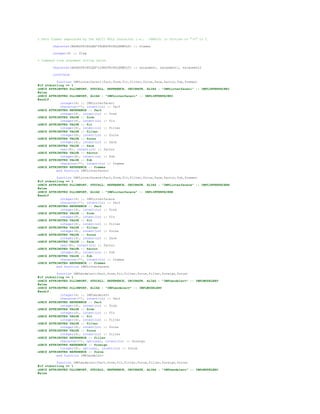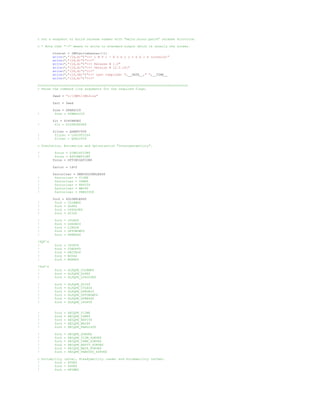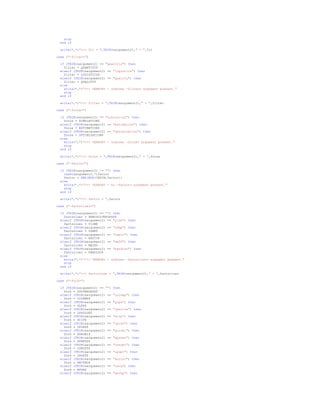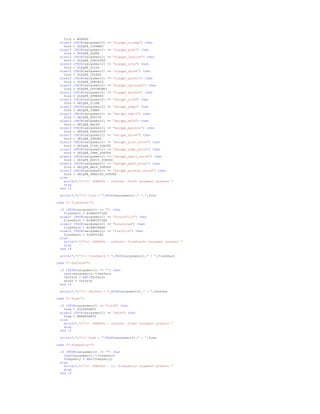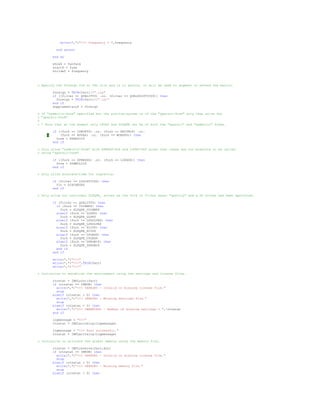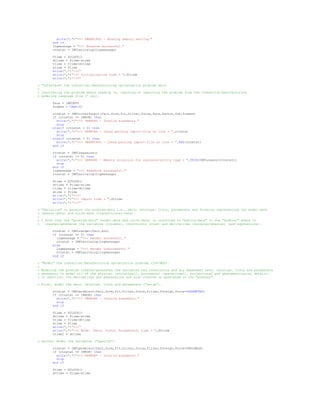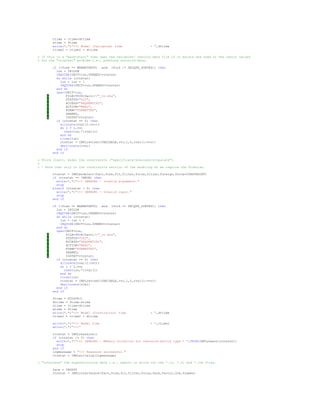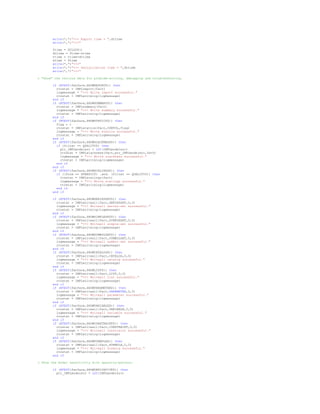The document is a console manual for the Industrial Modeling & Programming Language (impl), detailing its execution from a command prompt and how to solve problems using its Industrial Modeling Language (IML) files. It describes various console flags that can be used as command line arguments for different configurations in problem modeling, including options for problem type, solving methods, and output file formats. Additionally, it lists the required input and output files for successful execution, along with a brief introduction to the Intel Fortran source code for calling the impl system from various programming languages.
